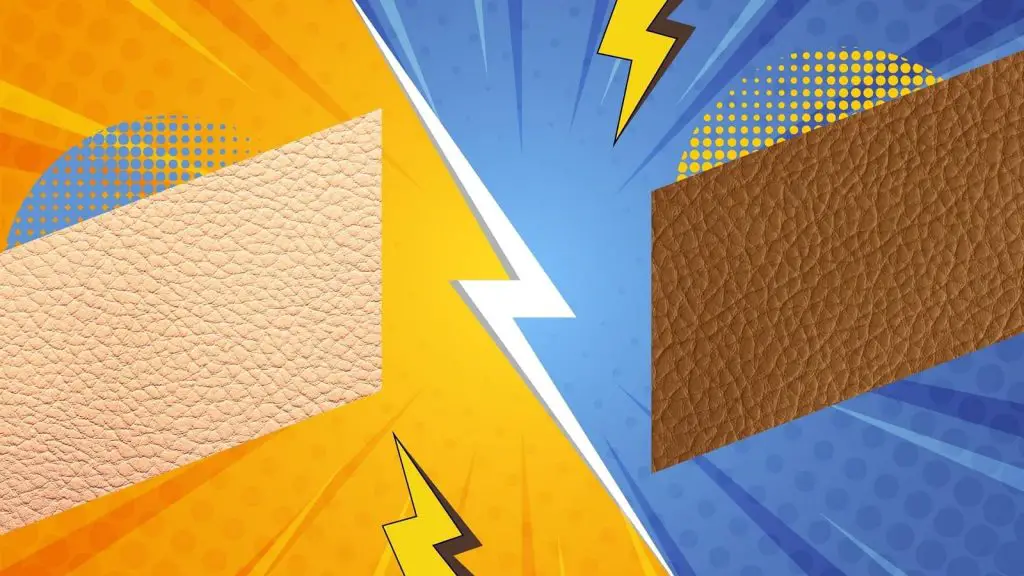Yes, Marine Layer is considered sustainable due to its commitment to reducing waste, using eco-friendly materials, and implementing ethical production practices. They focus on creating timeless pieces rather than contributing to fast fashion, which adds to their sustainability efforts. Their approach includes the use of recycled and sustainable materials in their clothing lines and a dedication to minimizing their environmental footprint through various eco-conscious initiatives. Understanding the steps Marine Layer takes to achieve sustainability helps us appreciate the intricacy of their efforts within the apparel industry.
Sustainable Materials and Fabrics
One of the key factors contributing to sustainability in the fashion industry is the use of eco-friendly materials. Marine Layer is well-known for incorporating sustainable fabrics into their clothing lines.
Recycled and Upcycled Fabrics
Marine Layer utilizes a high percentage of recycled and upcycled materials to craft its garments. This includes using recycled polyester made from plastic bottles and upcycling old tees through their Re-Spun program. Reducing reliance on virgin materials, they are able to curb waste and reduce their carbon footprint.
Organic Cotton Usage
In addition to recycled materials, Marine Layer also commits to using organic cotton. Organic cotton farming employs methods that have a lower environmental impact than conventional cotton farming. These methods encourage biodiversity, improve soil quality, and reduce water pollution, further contributing to the brand’s sustainable approach.
Ethical Sourcing and Production
Ensuring ethical practices in sourcing and production is another essential component of sustainability. Marine Layer takes measures to work with factories that share their values of sustainability and fairness.
Fair Labor Practices
Marine Layer partners with factories that ensure fair wages, safe working conditions, and reasonable working hours for their workers. Adherence to these ethical standards not only supports worker wellbeing but also aligns with a more sustainable and humane industry model.
Transparency and Accountability
Transparency in production and supply chains is vital for sustainability. Marine Layer strives to maintain open communication regarding where and how their garments are made, enabling customers to make informed choices and fostering trust in the brand’s commitment to sustainability.
Eco-Friendly Initiatives
Beyond materials and sourcing, Marine Layer also actively participates in several initiatives geared towards environmental conservation and waste reduction.
The Re-Spun Program
The Re-Spun program by Marine Layer is a notable initiative where customers can send in old t-shirts to be recycled into new apparel. This circular approach not only keeps textiles out of landfills but also saves resources that would be used to produce new fabrics.
Waste Reduction Efforts
Marine Layer is continuously looking for ways to minimize waste in their retail operations, including optimizing their packaging and encouraging customers to engage in mindful consumption. By reducing unnecessary packaging and promoting quality over quantity, they contribute to a culture of sustainability in fashion.
Commitment to Continuous Improvement
Sustainability is an ongoing process, and Marine Layer acknowledges the importance of constant evolution and improvement of their practices.
Innovation in Sustainability
Marine Layer is consistently exploring new and innovative techniques to further enhance the sustainability of their products, such as using natural dyes and energy-efficient manufacturing processes. Engaging with advancements in sustainable fashion allows the brand to adapt and lead by example.
Community Engagement and Education
By actively engaging with their community through sustainability-oriented events and educational content, Marine Layer helps to spread awareness about the importance of environmentally friendly practices. Such engagement empowers consumers to make more sustainable choices, thus amplifying the impact beyond the brand’s direct operations.
FAQs
Does Marine Layer offer any vegan products?
Marine Layer does indeed offer vegan products within their collections. Being a brand that focuses on sustainability and eco-friendliness, they are mindful of consumer preferences, including those who seek animal-free products. Their vegan options exclude materials such as leather, silk, wool, and other animal-derived components, catering to customers who follow a vegan lifestyle while still providing the comfort and style Marine Layer is known for.
How does Marine Layer ensure the quality of their clothing while being sustainable?
Marine Layer is committed to maintaining high-quality standards in their clothing lines even as they emphasize sustainability. They achieve this by carefully selecting durable and sustainable materials that do not compromise on comfort or longevity. They invest in quality control measures throughout their manufacturing process, ensuring that each garment meets a set of stringent quality criteria before reaching the customer. By focusing on timeless designs that are meant to last, they encourage consumers to invest in fewer, better-made pieces, ultimately contributing to a reduction in fast fashion consumption.
What actions does Marine Layer take to minimize water usage?
Minimizing water usage is a critical aspect of sustainability, particularly in the textile industry. Marine Layer reduces water consumption by using eco-friendly materials such as organic cotton, which requires less water compared to conventional cotton. Moreover, through programs like Re-Spun, they recycle existing materials, which reduces the need for new resources and the associated water footprint. Additionally, Marine Layer may be involved in concerted efforts to employ water-saving technologies and processes within their production facilities, though the specifics of these initiatives would need further details from the company.
Can customers track the sustainability impact of their purchases from Marine Layer?
While Marine Layer is transparent about its sustainable practices and initiatives, the ability for customers to track the direct sustainability impact of their individual purchases may vary. However, Marine Layer provides detailed information about their materials and the eco-friendly nature of their production processes, allowing consumers to understand the broader impacts of their purchases. For specific tracking, customers might need to get in touch with Marine Layer’s customer service for more detailed insights regarding the impact of their purchase.
Does Marine Layer offer a recycling program for clothes that are no longer wearable?
Marine Layer has taken a proactive stance on clothing recycling with their Re-Spun program, which encourages customers to send in their old t-shirts, regardless of their condition, to be recycled into new yarn and eventually new apparel. This not only applies to Marine Layer shirts but also to tees from other brands, highlighting their commitment to reducing textile waste on a broader scale.
Are there any special care instructions for Marine Layer’s sustainable fabrics to ensure longevity?
Given their use of various sustainable fabrics, Marine Layer may provide special care instructions to ensure that these eco-friendly garments last as long as possible. Typically, these care instructions include washing on a gentle cycle, using cold water to save energy, and drying naturally which not only has less impact on the environment but also helps to preserve the fabric. Following these guidelines helps to extend the life of the clothing and supports Marine Layer’s mission of reducing waste.
How does Marine Layer address the carbon footprint of their shipping and logistics?
Marine Layer addresses the carbon footprint associated with shipping and logistics by using eco-friendly packaging and optimizing their supply chain for efficiency. They also engage in carbon offset programs that compensate for emissions by investing in renewable energy projects, reforestation, or other sustainable initiatives. By doing so, they aim to minimize their overall environmental impact even in their distribution processes.
How often does Marine Layer introduce new sustainable products or collections?
Marine Layer frequently updates its product lines with new sustainable options, reflecting both seasonal changes and the latest advances in sustainable materials and production methods. Their commitment to sustainability ensures that each new collection adheres to their high environmental standards. However, unlike fast fashion brands that introduce new items weekly, Marine Layer focuses on timeless pieces that are more in line with slow fashion principles, emphasizing quality and durability over quantity and trend-chasing.
Conclusion
Marine Layer’s commitment to sustainability is evident through various aspects of their business model and operations, making them a leader in ethical and eco-conscious fashion.
Key takeaways:
- Utilization of Eco-friendly Materials: Using sustainable fabrics like recycled polyester and organic cotton reduces their environmental impact.
- Adherence to Ethical Practices: Partnering with factories that enforce fair labor standards aligns with Marine Layer’s sustainable ethos.
- Innovative Recycling Programs: The Re-Spun initiative underscores their aim to create a closed-loop system, reducing waste and saving resources.
- Waste Reduction: Striving to minimize waste through redesigned packaging and conscious consumerism is a key sustainability strategy.
- Transparency in Operations: By being open about their supply chain, Marine Layer builds trust and encourages informed consumer decisions.
- Continuous Improvement: Commitment to progressive sustainability methods and technologies keeps Marine Layer at the forefront of eco-friendly fashion.
- Community Engagement: Through events and education, Marine Layer fosters a broader dialogue about sustainable living and fashion choices.





